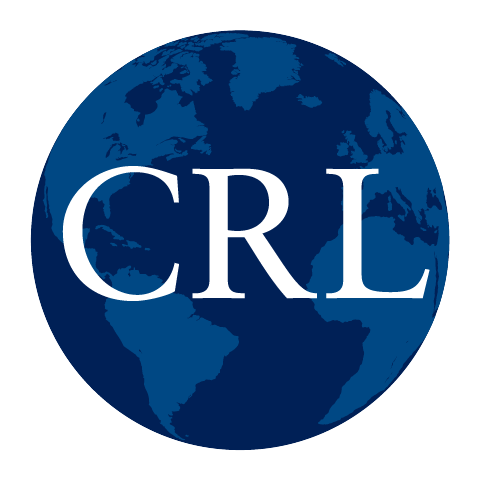Mullah Omar
Muhammad Omar (; 196023 April 2013) was an Afghan cleric and Islamist revolutionary who founded the Taliban. During the Third Afghan Civil War, the Taliban fought the Northern Alliance and took control of most of the country, establishing the First Islamic Emirate for which Omar began to serve as Supreme Leader in 1996. Shortly after al-Qaeda carried out the September 11 attacks, the Taliban government was toppled by an American invasion of Afghanistan, prompting Omar to go into hiding. He successfully evaded capture by the American-led coalition before dying in 2013 from tuberculosis.Born into a religious family in Kandahar, Omar was educated at local ''madrasas'' in Afghanistan. After Afghanistan was invaded by the Soviet Union in 1979, he joined the Afghan mujahideen to fight in the Soviet–Afghan War and he was trained by Brigadier Sultan Amir Tarar aka Imam Tarar. He served as an important military general during several skirmishes, losing his right eye in an explosion. The Soviets eventually withdrew from the country in 1989 and Afghanistan's Soviet-backed Democratic Republic was toppled in 1992, triggering the Afghan Civil War of 1992–1996. While initially remaining quiet and focused on continuing his studies, Omar became increasingly discontent with what he perceived as ''fasād'' in the country, including the practice of ''bacha bazi,'' ultimately prompting him to return to fighting in the Civil War. In 1994, Omar, along with religious students in Kandahar, formed the Taliban, which emerged victorious against other Afghan factions by 1996. Omar led the Taliban to form a Sunni Islamic theocracy headed by the Supreme Council, known as the Islamic Emirate of Afghanistan, which strictly enforced ''sharia''. While ruling between 1996 and 2001, the Taliban were widely condemned for committing massacres against civilians; discrimination against religious and ethnic minorities; banning women from school and most employment; and the destruction of cultural monuments, including the Buddhas of Bamiyan, which Omar personally ordered.
After al-Qaeda, which had been given sanctuary in Afghanistan by the Taliban, carried out the September 11 attacks against the United States in 2001, American president George W. Bush demanded that the Taliban extradite al-Qaeda's leader Osama bin Laden to the United States. When the Taliban refused, the United States began the Global War on Terrorism and led a multinational invasion of Afghanistan in October 2001, greatly bolstered by the anti-Taliban Northern Alliance. By December 2001, the Taliban government had been ousted by the American-led coalition; Omar fled Kandahar, went into hiding in Zabul Province, and delegated operational control of the Taliban to his deputies. Under his command, the Taliban launched an insurgency against the new Afghan government and the coalition. Although Omar was the subject of a decade-long international manhunt, he remained in hiding for the rest of his life. He died in 2013, reportedly due to tuberculosis, which was not revealed publicly until 2015. In 2021, the Taliban deposed the Afghan government and regained power following the Fall of Kabul.
Omar remains a largely popular figure amongst the Taliban, who view him as a key freedom fighter who defended Afghanistan's Islamic principles — first against the Soviet empire and later against the Western world. Others have criticized him for his repressive government and his religious dogmatism. Provided by Wikipedia
-
1by Umar, Muhammad
Published 1946Dihlī : Anjuman Taraqqī-yi Urdū, Hind, 1946.1 online resource (304 p.) : ill.Center for Research Libraries
Online Resource -
2
-
3by Umar, Muhammad
Published 1946Dihlī : Anjuman Taraqqī-yi Urdū, Hind, 1946.304 p. : ill. ; 21 cm. -
4by Umar, Muhammad, Ṣāḥibzādah
Published 1978Lāhaur : Rūḥ-i Islām Pablīkeshanz, [1978?]31 p. ; 22 cm. -
5by Ilāhī, NūrLāhaur : Maqbūl-i ʻĀm Pres, [19--]ii, 143 p. ; 24 cm.Other Authors: “...Umar, Muhammad...”
-
6by Ilāhī, NūrLāhaur : Maqbūl-i ʻĀm Pres, [19--]1 online resource (ii, 143 p.)Other Authors: “...Umar, Muhammad...”
Center for Research Libraries
Online Resource

